Britain, France, and Germany called on Israel on Wednesday to fulfill its international obligations in providing humanitarian aid to Gaza.
“We call on the government of Israel to abide by its international obligations to ensure full, rapid, safe and unhindered provision of humanitarian assistance to the population in Gaza,” the statement read.
“Humanitarian aid should never be contingent on a cease-fire or used as a political tool,” it added, calling on all parties to uphold the cease-fire.
“It is vital that the ceasefire is sustained, all the hostages are released, and continued flows of humanitarian aid to Gaza are ensured,” said a joint statement from foreign ministers of E3 countries – France, Germany, UK.
Urging all parties to engage constructively in negotiating the subsequent phases of the deal to help ensure its full implementation and a permanent end to hostilities, it also welcomed Egyptian, Qatari and US efforts in mediating and seeking to agree an extension to the ceasefire.
Turning to the situation in Gaza, the E3 said that the humanitarian situation in the strip is “catastrophic.”
“We call on the Government of Israel to abide by its international obligations to ensure full, rapid, safe and unhindered provision of humanitarian assistance to the population in Gaza,” the joint statement said.
The three countries also warned that suspension of goods and supplies entering Gaza “would risk violating International Humanitarian Law.”
“Humanitarian aid should never be contingent on a ceasefire or used as a political tool. We reiterate that the civilians of Gaza who have suffered so much must be allowed to return to their homes and rebuild their lives,” the statement said.
“We need all parties to uphold the ceasefire and ensure it leads to a sustainable peace, the reconstruction of Gaza, and to allow for a credible pathway towards a two-state solution in which Israelis and Palestinians can live side by side in peace,” it added.
The statement followed Israel’s decision to halt aid shipments just hours after the first phase of the ceasefire and prisoner swap agreement between Hamas and Tel Aviv expired.
The first six-week phase of the truce agreement, which took effect on Jan. 19, officially ended Saturday at midnight.
Israel, however, has not agreed to move forward to the second phase of the deal to permanently end the war in Gaza which has killed more than 48,000 people, mostly women and children, and left the enclave in ruins.
Israel’s blockade of food, fuel, and medicine in Gaza has caused prices to skyrocket and forced humanitarian groups to scramble for dwindling supplies to aid the enclave’s 2 million residents.
The aid freeze has imperiled the tenuous progress aid workers say they have made to stave off famine over the past six weeks during Phase 1 of the cease-fire deal Israel and Hamas agreed to in January.
After more than 16 months of war, Gaza’s population is entirely dependent on trucked-in food and other aid. Most are displaced from their homes and many need shelter. Fuel is needed to keep hospitals, water pumps, bakeries and telecommunications – as well as trucks delivering aid – operating.
Israel says the siege aims at pressuring Hamas to accept its spinoff cease-fire proposal. Israel has delayed moving to the second phase of the deal it reached with Hamas, during which the flow of aid was supposed to continue.
Israeli Prime Minister Benjamin Netanyahu said Tuesday that he is prepared to raise the pressure and would not rule out cutting off all electricity to Gaza if Hamas doesn’t budge. Rights groups have called the cutoff a “starvation policy.”

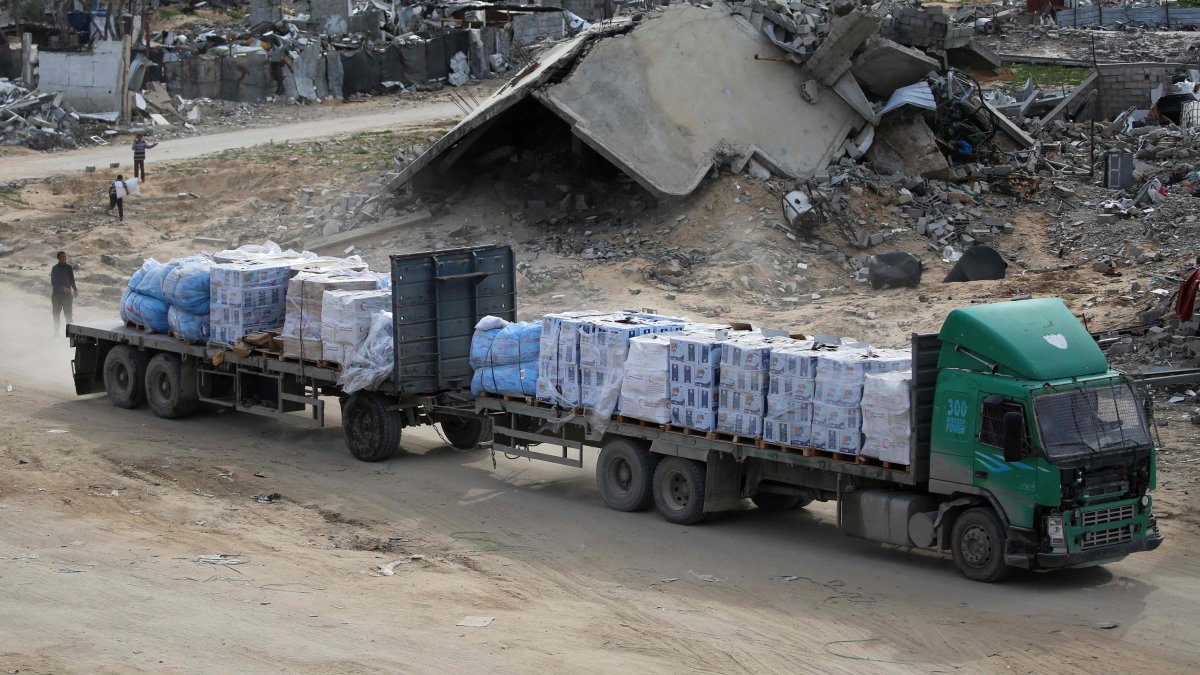




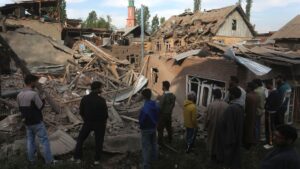
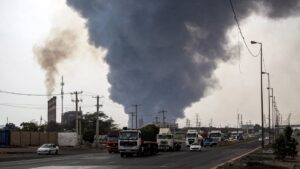





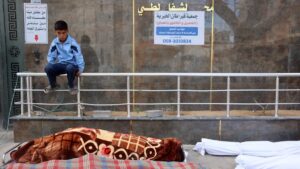







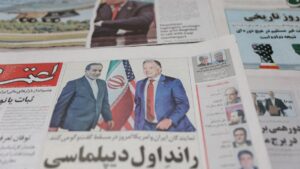


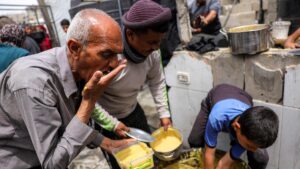
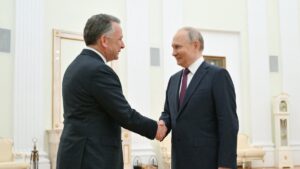




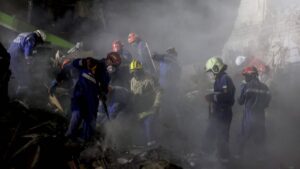

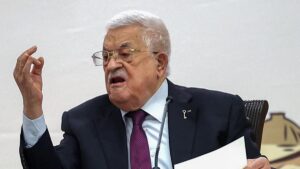














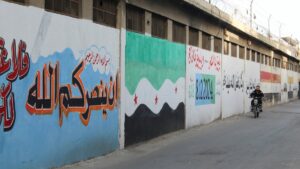




Be First to Comment